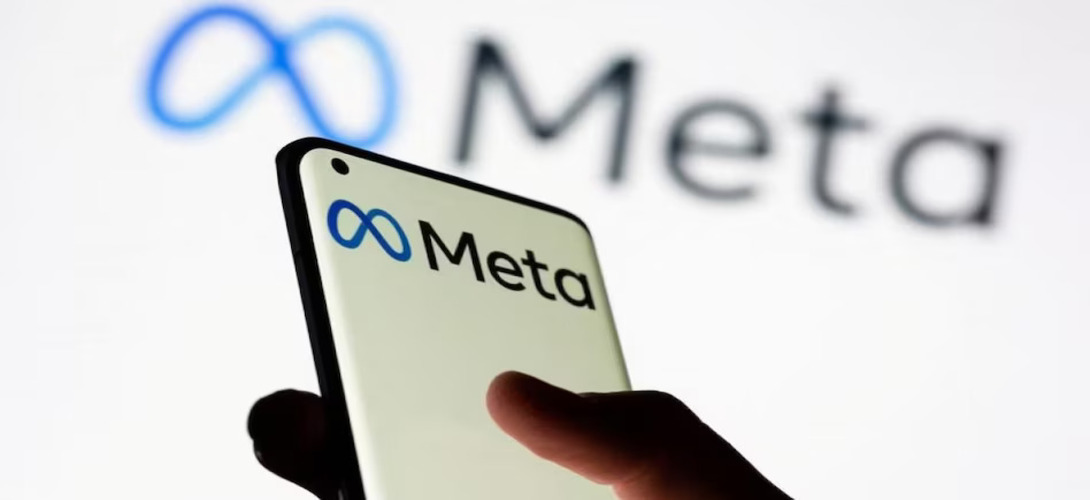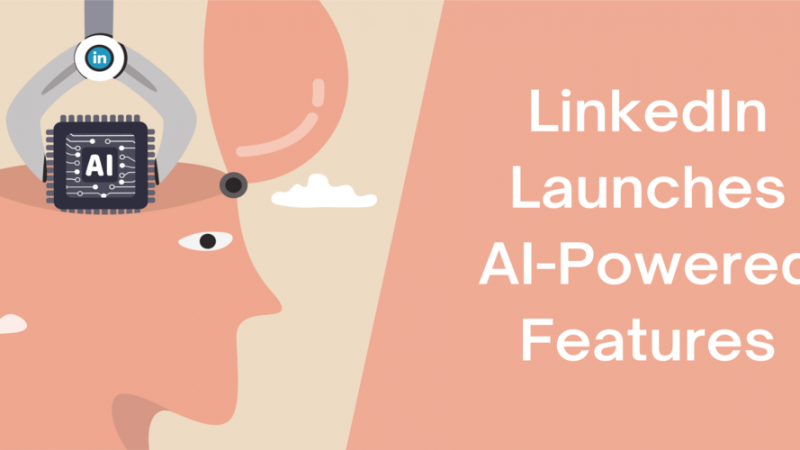Meta’s New AI: Meta Releases ‘Human-like’ AI Image Creation Model

NEW YORK: Meta Platforms (META.O) said on Tuesday that it would provide researchers with access to components of a new “human-like” artificial intelligence model that it said can analyze and complete unfinished images more accurately than existing models.
I-JEPA is a generative AI model that, contrary to other generative AI models, fills in missing portions of images using information about the world as a whole.
According to Meta, this method integrates the kind of thinking that top AI researcher Yann LeCun has argued is most like human reasoning and aids the technology in avoiding classic AI-generated visual mistakes like hands with additional fingers.
Through its internal research lab, Meta, the company that owns Facebook and Instagram, publishes a lot of open-sourced AI research. According to Chief Executive Mark Zuckerberg, sharing models created by Meta’s researchers can benefit the business by fostering innovation, identifying safety flaws, and reducing expenses.
In April, he said to investors, “For us, it’s a lot better if the industry standardizes on the core tools that we’re using so that we can benefit from the advancements that others make.
The company’s management has disregarded industry warnings about the possible pitfalls of the technology, refusing to sign a declaration last month that compared its dangers to pandemics and armed conflicts and was supported by top executives from OpenAI, DeepMind, Microsoft (MSFT.O), and Google (GOOGL.O).
One of the “godfathers of AI,” Lecun, has denounced “AI doomers” and urged in favor of incorporating safety measures into AI systems.
Additionally, Meta is beginning to add generative AI capabilities to its consumer goods, such as Instagram products that can edit user photographs and advertising tools that can generate visual backgrounds based on text input.






